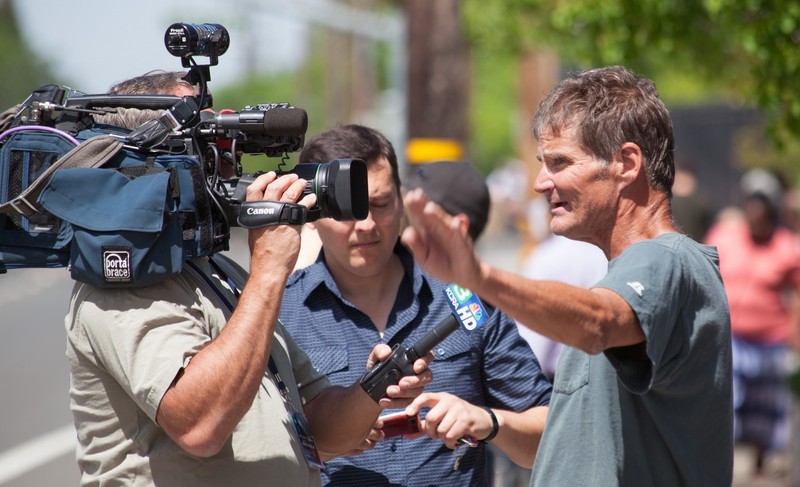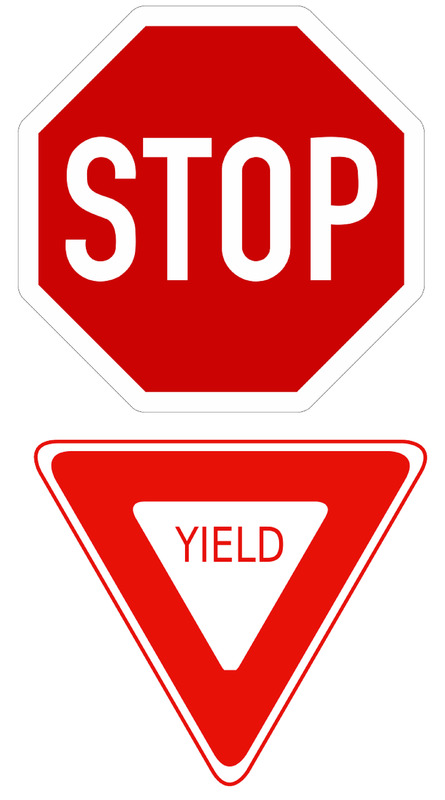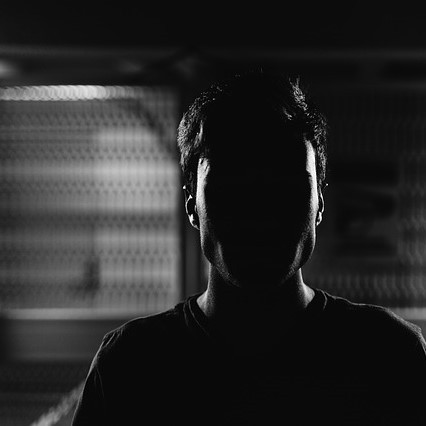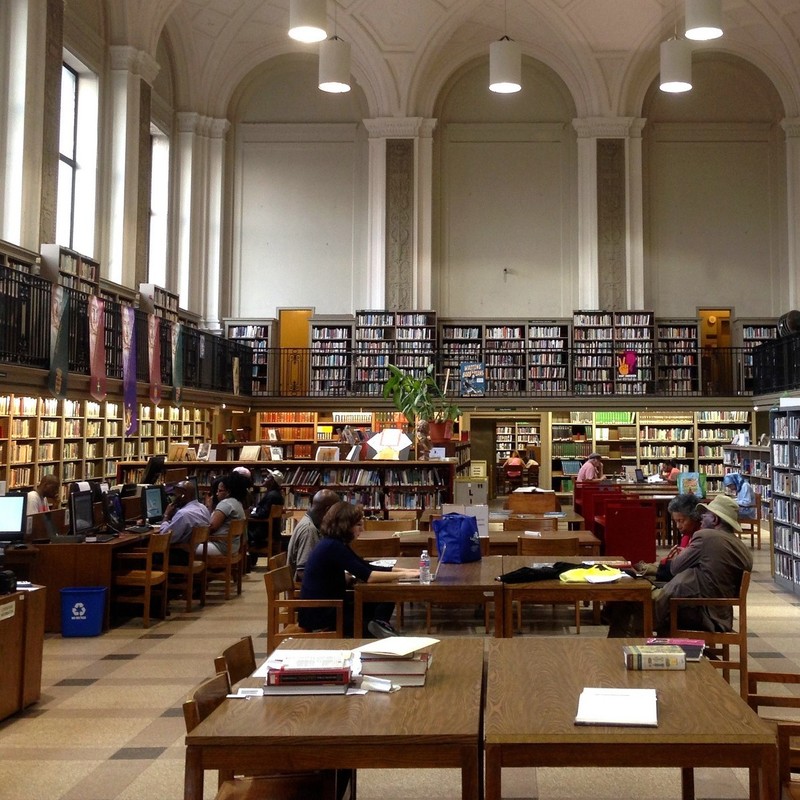33 Eyewitness Testimony and Memory Biases
Original chapter by Cara Laney and Elizabeth F. Loftus adapted by the Queen’s University Psychology Department
This Open Access chapter was originally written for the NOBA project. Information on the NOBA project can be found below.
Eyewitnesses can provide very compelling legal testimony, but rather than recording experiences flawlessly, their memories are susceptible to a variety of errors and biases. They (like the rest of us) can make errors in remembering specific details and can even remember whole events that did not actually happen. In this module, we discuss several of the common types of errors, and what they can tell us about human memory and its interactions with the legal system.
Dr. Elizabeth Loftus in Her Own Words
Dr. Loftus is recognized around the world for her work in false memory. In this video, she gives a very brief overview of her work, and she notes the controversy that surrounds her work. This video is not intended to replace the details found in this chapter. Rather, it is intended to give you additional insights into Dr. Loftus’ work.
Garrett, B. L. (2011). Convicting the innocent. Cambridge, MA: Harvard University Press.
Loftus, E. F., Miller, D. G., & Burns, H. J. (1978). Semantic integration of verbal information into a visual memory. Journal of experimental psychology: Human learning and memory, 4(1), 19.
When erroneous information occurring after an event is remembered as having been part of the original event.
Frenda, S. J., Nichols, R. M., & Loftus, E. F. (2011). Current issues and advances in misinformation research. Current Directions in Psychological Science, 20(1), 20-23.
Loftus, E. F. (2005). Planting misinformation in the human mind: A 30-year investigation of the malleability of memory. Learning & Memory, 12, 361–366.
Bartlett, J. C., & Memon, A. (2007). Eyewitness memory in young and older adults (pp. 309-338). Mahwah, NJ: Lawrence Erlbaum.
Ceci, S. J., & Bruck, M. (1995). Jeopardy in the courtroom: A scientific analysis of children's testimony. American Psychological Association.
Allan, K., & Gabbert, F. (2008). I still think it was a banana: Memorable ‘lies’ and forgettable ‘truths’. Acta psychologica, 127(2), 299-308.
Loftus, E. F. (1975). Leading questions and the eyewitness report. Cognitive psychology, 7(4), 560-572.
Gabbert, F., Memon, A., Allan, K., & Wright, D. B. (2004). Say it to my face: Examining the effects of socially encountered misinformation. Legal and Criminological Psychology, 9(2), 215-227.
Gabbert, F., Memon, A., & Allan, K. (2003). Memory conformity: Can eyewitnesses influence each other's memories for an event?. Applied Cognitive Psychology: The Official Journal of the Society for Applied Research in Memory and Cognition, 17(5), 533-543.
Paterson, H. M., & Kemp, R. I. (2006). Co-witnesses talk: A survey of eyewitness discussion. Psychology, Crime & Law, 12(2), 181-191.
Takarangi, M. K., Parker, S., & Garry, M. (2006). Modernising the misinformation effect: The development of a new stimulus set.
Garry, M., French, L., Kinzett, T., & Mori, K. (2008). Eyewitness memory following discussion: Using the MORI technique with a Western sample. Applied Cognitive Psychology: The Official Journal of the Society for Applied Research in Memory and Cognition, 22(4), 431-439.
Caputo, D., & Dunning, D. (2005). What you don’t know: The role played by errors of omission in imperfect self-assessments. Journal of Experimental Social Psychology, 41(5), 488-505.
Cutler, B. L., & Penrod, S. D. (1995). Mistaken identification: The eyewitness, psychology and the law. Cambridge University Press.
A selection of normally small photographs of faces given to a witness for the purpose of identifying a perpetrator.
Any member of a lineup (whether live or photograph) other than the suspect.
A research subject who plays the part of a witness in a study.
Bornstein, B. H., Deffenbacher, K. A., Penrod, S. D., & McGorty, E. K. (2012). Effects of exposure time and cognitive operations on facial identification accuracy: A meta-analysis of two variables associated with initial memory strength. Psychology, Crime, & Law, 18, 473–490.
Brigham, J. C., Bennett, L. B., Meissner, C. A., & Mitchell, T. L. (2007). The influence of race on eyewitness memory. In R. C. L. Lindsay, D. F. Ross, J. D. Read, & M. P. Toglia (Eds.), Handbook of eyewitness psychology, Vol. 2: Memory for people (pp. 257–281). Mahwah, NJ: Lawrence Erlbaum.
Deffenbacher, K. A., Bornstein, B. H., Penrod, S. D., & McGorty, E. K. (2004). A meta-analytic review of the effects of high stress on eyewitness memory. Law and Human Behavior, 28, 687–706.
Technical Working Group for Eyewitness Evidence. (1999). Eyewitness evidence: A trainer\'s manual for law enforcement. Research Report. Washington, DC: U.S. Department of Justice.
Wells, G. L., Small, M., Penrod, S., Malpass, R. S., Fulero, S. M., & Brimacombe, C. A. E. (1998). Eyewitness identification procedures: Recommendations for lineups and photospreads. Law and Human Behavior, 22, 603–647.
Wells, G. L., & Olson, E. A. (2003). Eyewitness testimony. Annual Review of Psychology, 54, 277–295.
Brown, A. S. (1991). A review of tip of the tongue experience. Psychological Bulletin, 109, 79–91.
A memory template, created through repeated exposure to a particular class of objects or events.
Alba, J. W., & Hasher, L. (1983). Is memory schematic? Psychological Bulletin, 93, 203–231.
Brewer, W. F., & Treyens, J. C. (1981). Role of schemata in memory for places. Cognitive Psychology, 13, 207–230.
Memory for an event that never actually occurred, implanted by experimental manipulation or other means.
Loftus, E. F., Ketcham, K. (1994). The myth of repressed memory. New York, NY: St. Martin’s Press.
Loftus, E. F., & Pickrell, J. E. (1995). The formation of false memories. Psychiatric Annals, 25, 720–725.
Heaps, C., & Nash, M. (1999). Individual differences in imagination inflation. Psychonomic Bulletin and Review, 6, 313–138.
Hyman, I. E., Jr., Husband, T. H., & Billings, F. J. (1995). False memories of childhood experiences. Applied Cognitive Psychology, 9, 181–197.
Porter, S., Yuille, J. C., & Lehman, D. R. (1999). The nature of real, implanted, and fabricated memories for emotional childhood events: Implications for the recovered memory debate. Law and Human Behavior, 23, 517–537.
Braun, K. A., Ellis, R., & Loftus, E. F. (2002). Make my memory: How advertising can change our memories of the past. Psychology and Marketing, 19, 1–23.
Lindsay, D. S., Hagen, L., Read, J. D., Wade, K. A., & Garry, M. (2004). True photographs and false memories. Psychological Science, 15, 149–154.
Mazzoni, G. A. L., Loftus, E. F., Seitz, A., & Lynn, S.J. (1999). Changing beliefs and memories through dream interpretation. Applied Cognitive Psychology, 13, 125–144.
Seamon, J. G., Philbin, M. M., & Harrison, L. G. (2006). Do you remember proposing marriage to the Pepsi machine? False recollections from a campus walk. Psychonomic Bulletin & Review, 13, 752–7596.
Wade, K. A., Garry, M., Read, J. D., & Lindsay, S. A. (2002). A picture is worth a thousand lies. Psychonomic Bulletin and Review, 9, 597–603.
Braun, K. A., Ellis, R., & Loftus, E. F. (2002). Make my memory: How advertising can change our memories of the past. Psychology and Marketing, 19, 1–23.
Wade, K. A., Garry, M., Read, J. D., & Lindsay, S. A. (2002). A picture is worth a thousand lies. Psychonomic Bulletin and Review, 9, 597–603.
Lindsay, D. S., Hagen, L., Read, J. D., Wade, K. A., & Garry, M. (2004). True photographs and false memories. Psychological Science, 15, 149–154.
Bernstein, D. M., Laney, C., Morris, E. K., & Loftus, E. F. (2005). False memories about food can lead to food avoidance. Social Cognition, 23, 11–34.
Bernstein, D. M., & Loftus, E. F. (2009b). The consequences of false memories for food preferences and choices. Perspectives on Psychological Science, 4, 135–139.
Berkowitz, S. R., Laney, C., Morris, E. K., Garry, M., & Loftus, E. F. (2008). Pluto behaving badly: False beliefs and their consequences. American Journal of Psychology, 121, 643–660
Laney, C., & Loftus, E. F. (2008). Emotional content of true and false memories. Memory, 16, 500–516.
Bernstein, D. M., & Loftus, E. F., (2009a). How to tell if a particular memory is true or false. Perspectives on Psychological Science, 4, 370–374.
Steblay, N. M., & Loftus, E. F. (2012). Eyewitness memory and the legal system. In E. Shafir (Ed.), The behavioural foundations of public policy (pp. 145–162). Princeton, NJ: Princeton University Press.




